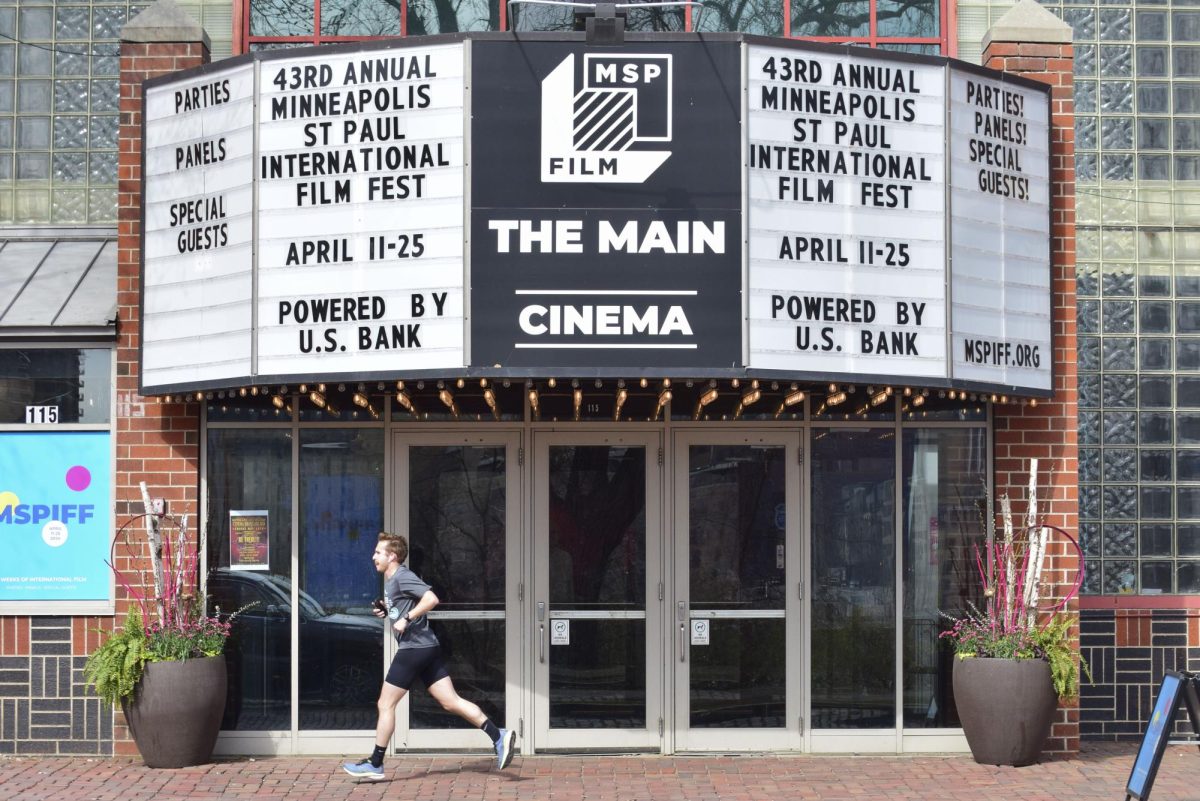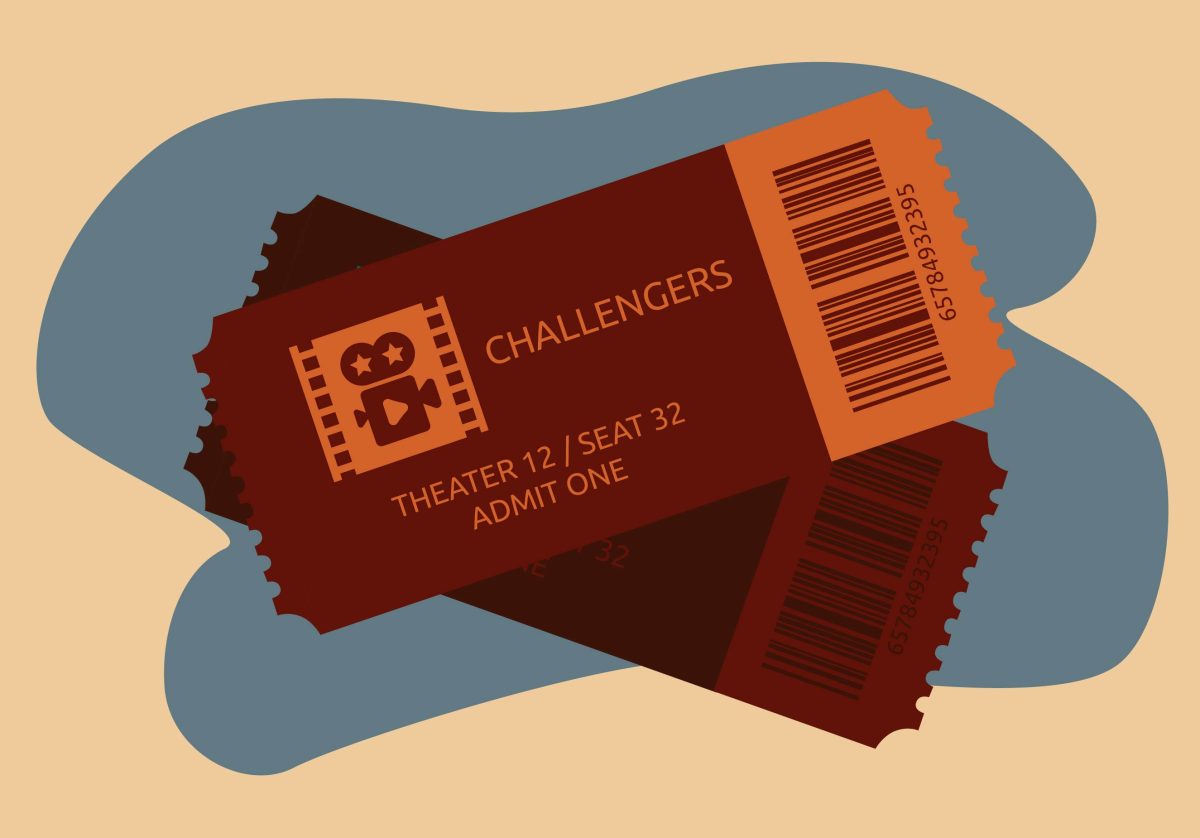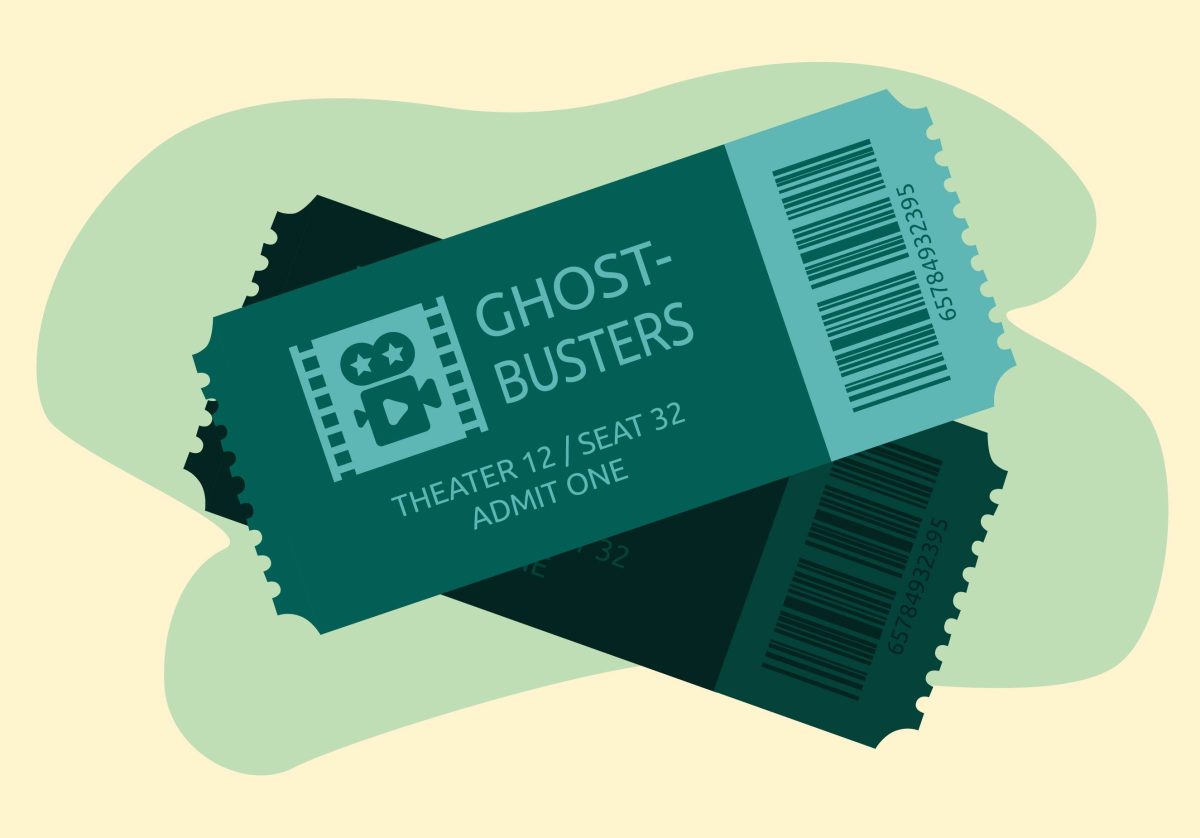In the week following Sept. 11, 2001, author Edward Galeano made the perceptive statement, “In the struggle of good versus evil, it’s always the people who get killed.”
It’s a truth that often seems to be forgotten by folks on the left and the right in the debate over global ideologies.
In this sense, Oliver Stone’s “World Trade Center” is refreshing. While the director is famous for his films on wide-reaching conspiracies and political intrigue, “World Trade Center” concentrates on the true-life story of two New York City Port Authority cops who were among the last people pulled from the rubble. Here, Stone chooses to focus on the human drama, the nature of personal tragedies and how ordinary people respond to them.
The film opens as just another day in the life of police officer Will Jimeno (Michael Peña), walking the streets and surveying the crowd. But that normalcy vanishes when a plane crashes into one of the towers. While the actual collision is never shown, Jimeno spots the shadow of an airplane moving along the ground before the camera cuts to a smoking tower.
When he gets back to the police station, Jimeno joins a squad of cops led by John McLoughlin (Nicholas Cage) – who led the rescue effort following 1993’s World Trade Center bombing – to go evacuate the towers.
On the way to the Trade Center, the cops hear rumors that the second tower and the Pentagon have been hit, though nobody knows for sure what’s happening. They all trust in McLoughlin – the expert on these things – though he admits to a confidant he is at as much of a loss as anyone.
The towers collapse almost immediately after the officers enter the building, trapping Jimeno and McLoughlin under blocks of concrete with only officer Dominick Pezzulo (Jay Hernandez) there to save them. When Pezzulo is killed by another falling concrete block, suddenly the rescuers need rescuing.
Amid all the chaos, recapped briefly with actual news footage from the day, nobody in the outside world knows who’s alive or who’s dead. This leaves McLoughlin’s wife Donna (Maria Bello), Jimeno’s wife Allison (Maggie Gyllenhaal) and their kids scared and every bit as in the dark as the trapped officers, desperate for good news and grasping at happy memories.
While the families struggle with their sense of helplessness, retired Marine David Karnes (Michael Shannon) decides to leave his accounting job, feeling called by God to save lives.
Jimeno and McLoughlin spend the film exchanging family stories with each other to stay awake and keep from dying. Between bouts of making noise and trying to draw attention to their location more than 20 feet under the rubble, Jimeno is sustained by thoughts of his 4-year-old daughter and pregnant wife (along with visions of Jesus that may be revelations or hallucinations – either way, it doesn’t matter to the plot). McLoughlin is left to wonder when his marriage became so lifeless. Amid all the conversations, the word terrorist is not mentioned once.
While searching the rubble, Karnes hears Jimeno and McLoughlin trapped and summons a rescue team to help them. After a tense effort, with Jimeno badly injured and McLoughlin on the verge of death, both officers are rescued and reunited with their families, the 18th and 19th of only 20 people rescued.
Considering the scope of the World Trade Center attacks and the subsequent war on terrorism, it would be easy for a film like this to set its sights too high and try to do too much. But by focusing on Jimeno and McLoughlin and their families and rescuers, Stone is able to craft a compelling, heartstring-tugging narrative without taking a position on East versus West, or Red versus Blue.
Stone refrains from a lot of directorial fireworks, with periodic and subtle fades to black being his most noticeable trick. Beyond that, he relies on a lot of closeups of actors’ faces and lets them tell the story.
All the principal actors do an outstanding job. Cage seems a bit wooden at the beginning but pulls off a powerful performance while trapped under the rubble. Peña is also very good as the young, scared cop while Bello and Gyllenhaal are entirely believable in their desperation.
On one level, the narrative is relatively weak. With no major plot shifts or surprises, and with all the film’s sentimental reminiscence on family and the power of the human spirit, the film runs the risk at times of getting hokey. But screenwriter Andrea Berloff worked closely with the real-life McLoughlin and Jimeno families, and the weight of the reality of these still-recent tragic events keeps the action poignant. It’s very Hollywood, but it’s also the kind of story Hollywood can do better than anyone.
Some, Oliver Stone fans especially, might feel disappointed the director didn’t delve into the larger geopolitical issues related to the war on terrorism but instead crafted a tale that so strongly recollects the horrors of that day it could be misconstrued as a right-wing call to arms. A more politically-charged Sept. 11 movie undoubtedly will be made, but this never attempts to be that one.
What the film does instead is show the true story of real people rising to the occasion amid tragedy and recalls the one time in recent memory when it was impossible for an American to be cynical about heroism. Perhaps Nicolas Cage sums it up best with his closing voice-over monologue, “9/11 showed us what humans are capable of. The evil, yeah sure, but also the good Ö It’s important for us to talk about that good and to remember.”
















